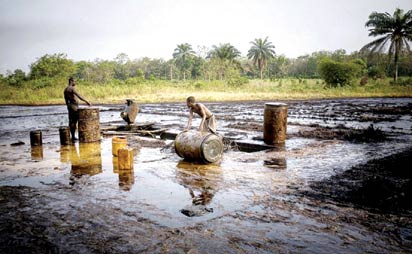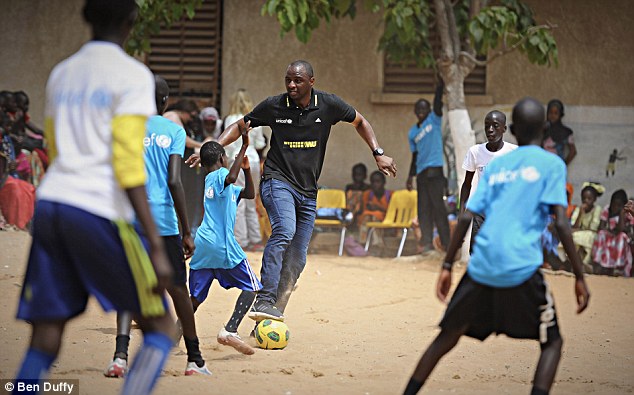Reports of prostate cancer, an eye cataract, knee problems and a generally failing health due to old age have raised concerns about the 90-year-old’s ability to provide effective leadership to the nation.
PRESIDENT Robert Mugabe is once again in Singapore for a week-long private visit where he will undergo “a routine eye check-up” according to government, his third visit to the Asian country this year alone — signifying his deteriorating health while raising the question whether he is still fit to govern.
Mugabe (90) was in Singapore during his annual leave in January, but that did not stop him from visiting the country in February again for further treatment.
Prior to that, Mugabe also visited Singapore in November and in June last year, a month before last year’s July general elections.
The latest Singapore shuttle comes after many Zimbabweans felt sorry for him when he struggled to read a speech during the Independence Day celebrations last month, with his right eye evidently giving him problems.
This, coupled with Mugabe’s confirmation he has a knee problem, and persistent reports of prostate cancer, has inevitably led to concerns about the president’s ability to provide effective leadership to the nation, especially as it becomes increasingly clear that he intends to extend his leadership at the helm of the ruling party at the Zanu PF congress come December.
Of particular concern to most Zimbabweans is that the country is facing serious economic problems, particularly the liquidity crunch hampering companies’ efforts to retool and improve capacity utilisation while forcing some to close down. This has led to massive jobs loses and fuelled unemployment.
The company closures have resulted in a decrease in government revenues and a fiscus crisis.
Questions are therefore being asked as to whether Mugabe, who maintains he has unfinished but yet to be specified business to take care of, still has the capacity and stamina to resolve the plethora of problems bedevilling the country.
Mugabe, who reportedly has prostate cancer besides battling eye problems, has been visiting the Far East country since 2011 but the frequency of the visits has been increasing each year, amid concerns that his ability to exercise leadership have been diminishing as his health deteriorates and age inevitably takes its toll on him.
Government sources told the Zimbabwe Independent this week that the president has “slowed down” as evidenced by his reduced appearances in public.
“He no longer has a firm grasp of issues, but he tries to be in control by meeting ministers regularly so that he is up to date with developments. But the energy and interest are gone; the man is now a shadow of his once vibrant self even though he still chairs cabinet,” said a senior cabinet minister.
Mugabe has been at the helm of Zanu PF since 1977 and has ruled the country since 1980. He has refused to relinquish power despite his generation of leaders and contemporaries who came after him having made way for fresh leadership.
For example South Africa, which attained freedom in 1994, has had four presidents in Nelson Mandela, Thabo Mbeki, Kgalema Motlanthe and Jacob Zuma now serving his last term.
In Mozambique President Armando Guebuza is expected to quit when his second term expires in October paving way for Defence minister Filipe Nyussi to take over. Mozambique has had Samora Machel, who died in a plane crash in 1986, Joachim Chissano and Guebuza as leaders since Independence in 1975.
Several southern African countries are holding elections this year among them Malawi, Mozambique, Botswana and Namibia, which will bring changes in the countries but that change has eluded Zimbabwe which has been stuck with Mugabe for one reason or the other over the past 34 years. Political analysts say Mugabe’s inability to provide energetic and efficient leadership is one of the causes of the increase in corruption by government ministers, state enterprise executives and individuals, besides other government failures.
Dr Ibbo Mandaza said the health problems the president is facing are not unusual for a 90-year-old but pointed out Mugabe no longer has the capacity to continue running the country.
“The question which Zimbabweans and the media should be answering now is: At which stage is one regarded as being incapacitated and who decides whether one is incapacitated or not? Is it parliament, is it another body?” he said.
“That is what parliament should be seized with. I would say that anyone at 90 is incapacitated and should not be in a public office. The question is why should one continue for so long; what are the circumstances that warrant such a long stay?”
Mandaza said there is evidence that government is not operating at full throttle and attributed this to Mugabe’s failure to provide effective leadership.
University of Zimbabwe political science lecturer Dr Eldred Masunungure said Mugabe’s health should be a concern to all Zimbabweans, moreso because of the acute problems the country is facing.
He said at 90, Mugabe did not have the capacity to turn around the fortunes of the country, adding it would be in the best interest of the country if he was to take advantage of Zanu PF’s congress in December to step down and hand over power to another official.
“Zimbabwe is in a limbo. No one is in charge to steer the country away from the precipitous fall which it is about to plunge into,” said Masunungure.
“We have to bear in mind that leading a country is a heavy burden for anyone. Look at Goodluck Jonathan in Nigeria. At 56 he is crumbling under the weight of problems but add 30 more years in Mugabe’s situation and you see the task he faces.
“Zimbabwe needs someone to run it with energy and mental and physical stamina. At 90, I don’t think he has the stamina that is needed for a country with so many problems. Those close to him should have advised him it was time to take it easy, but they are either too selfish or too timid to do so.”
Masunungure said Zimbabwe is bound to remain trapped in doldrums until a new leader, with a fresh vision and masterplan, takes over from Mugabe.



